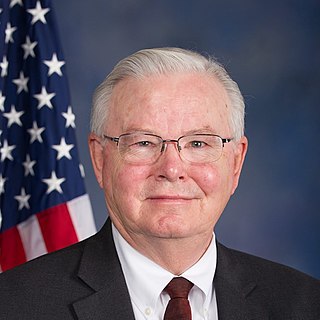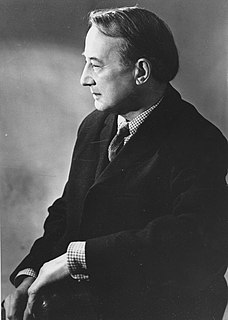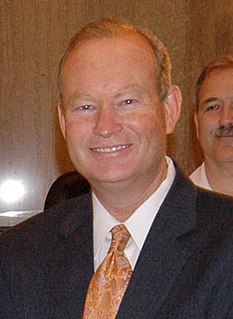A Quote by Joanne Harris
I'm not fond of cities: the constant activity and swarms of people.
Related Quotes
How does he achieve this independence? He does it by means of a continuous activity. How does he become free? By means of constant effort. we know that development results from activity. The environment must be rich in motives which lend interest to activity and invite the child to conduct his own experiences.
For the most part, French cities are much better preserved and looked after than British cities, because the bourgeoisie, the people who run the cities, have always lived centrally, which has only recently begun to happen in big cities in England. Traditionally in England, people who had any money would live out in the suburbs. Now, increasingly, people with money live in the cities, but this has changed only in the last 20 or so years.
When I consider how little of a rarity children are -- that every street and blind alley swarms with them -- that the poorest people commonly have them in most abundance -- that there are few marriages that are not blest with at least one of these bargains -- how often they turn out ill, and defeat the fond hopes of their parents, taking to vicious courses, which end in poverty, disgrace, the gallows, etc. -- I cannot for my life tell what cause for pride there can possibly be in having them.
Fifty percent of the world's population lives in cities. In a couple of decades, 70 percent of the world's population will be living in cities. Cities are where the problem is. Cities are where the solution is, where creativity exists to address the challenges and where they have most impact. This is why, in 2005, the C40 was founded, an organization of cities that address climate change. It started with 18 cities; now it's 91. Cities simply are the key to saving the planet.
You have to take in the whole picture, and ask, "What is it you want? What kind of world do you want?" So, I have drawings of different cities. Those cities have an end goal; they're not just cities. The end goal of those cities is to make things relevant to people that they respond to. There's no other way.
. . . you did not seem to me over-fond of money. And this is the way in general with those who have not made it themselves, while those who have are twice as fond of it as anyone else. For just as poets are fond of their own poems, and fathers of their own children, so money-makers become devoted to money, not only because, like other people, they find it useful, but because it's their own creation.



































